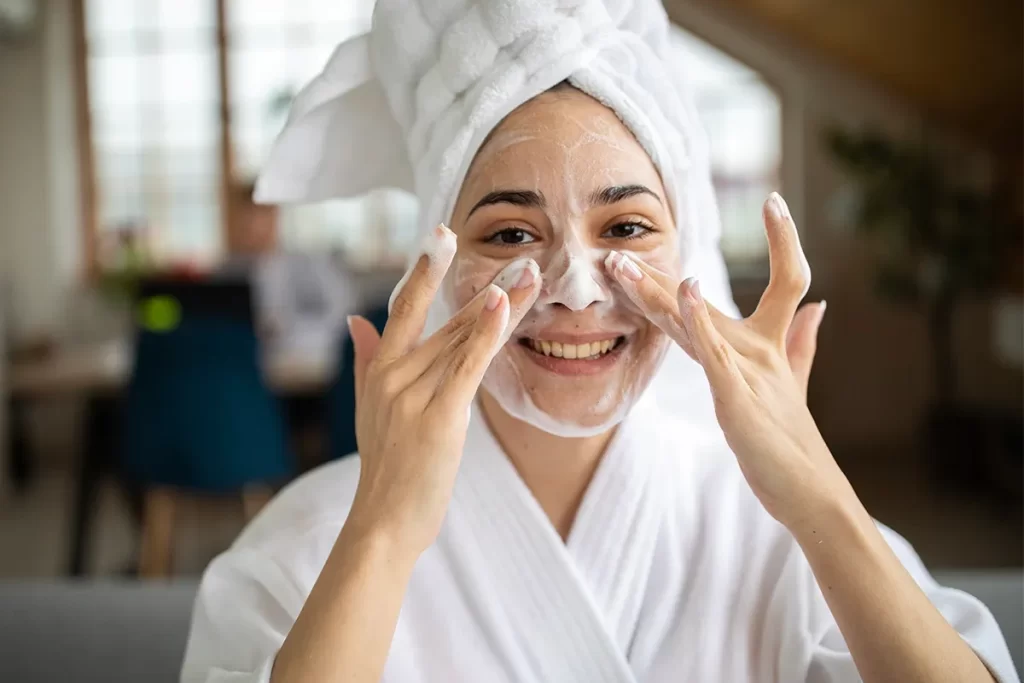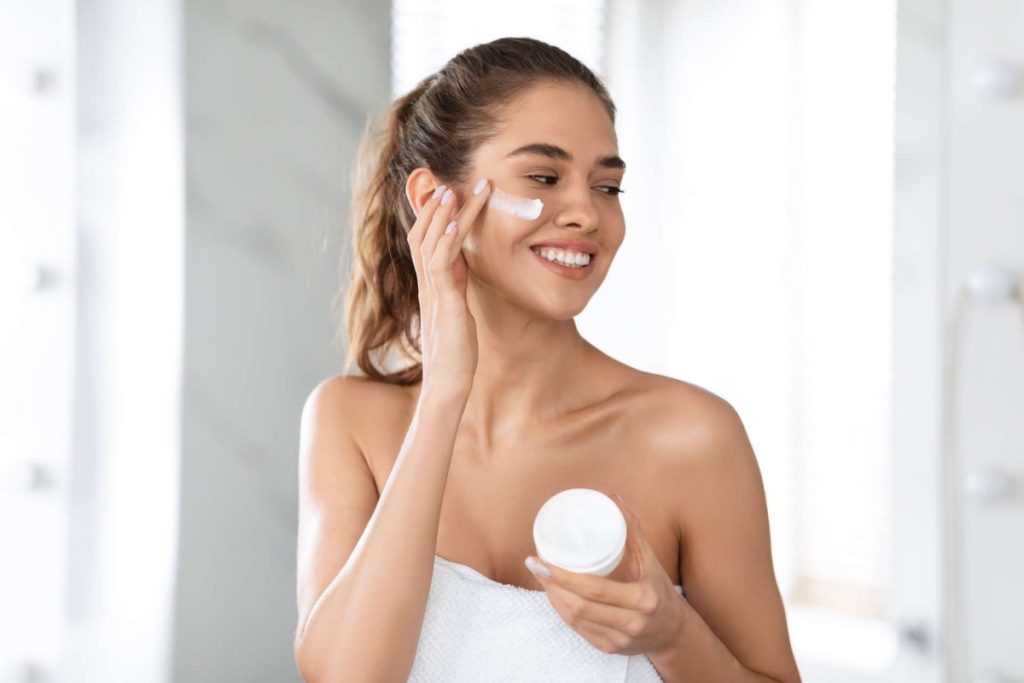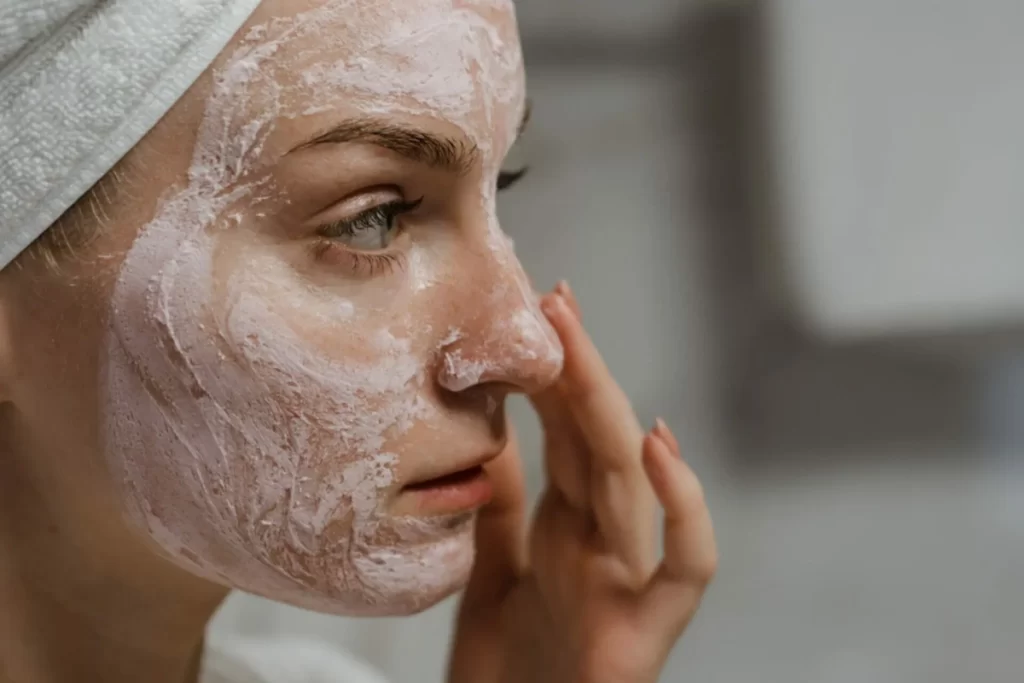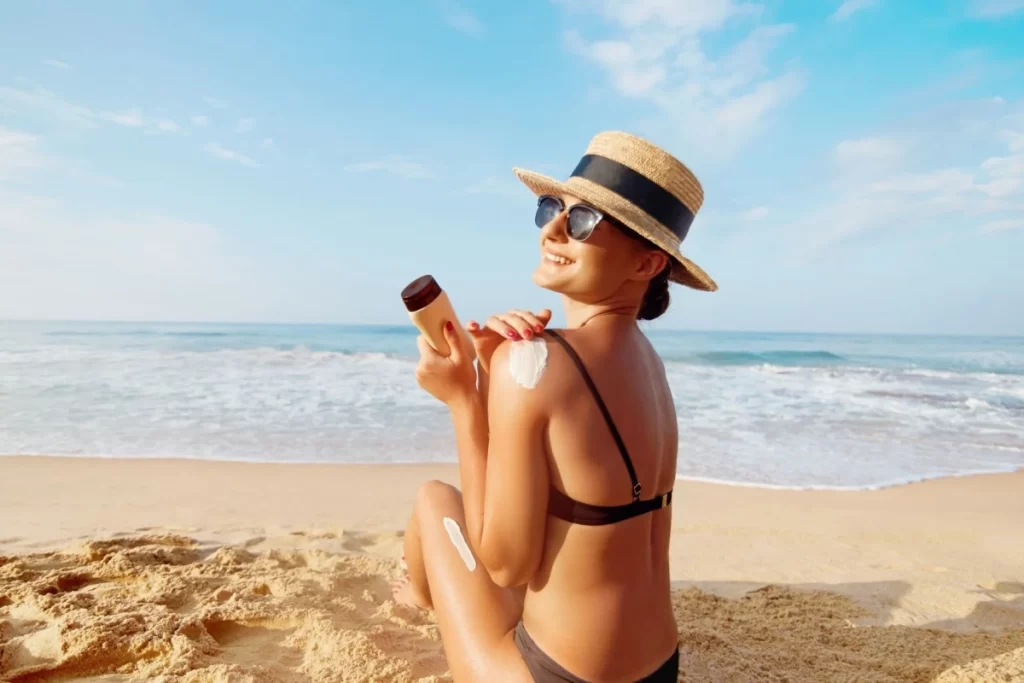
One of the primary reasons to incorporate sunscreen into your daily regimen is its ability to protect against UV radiation. The sun emits two types of harmful rays: UVA and UVB. UVA rays penetrate deep into the skin, leading to long-term damage such as wrinkles and age spots. On the other hand, UVB rays are responsible for sunburn and can contribute to skin cancer. A broad-spectrum sunscreen effectively shields the skin from both types of rays, making it a vital component of any skincare routine.
When selecting a sunscreen, it is essential to consider the Sun Protection Factor, or SPF. SPF measures the level of protection a sunscreen offers against UVB rays. A higher SPF indicates greater protection, but it is important to note that no sunscreen can provide 100% protection. For daily use, dermatologists often recommend a minimum of SPF 30, which blocks about 97% of UVB rays. For extended outdoor activities, opting for a higher SPF can provide additional peace of mind.
Another critical factor to consider is the formulation of the sunscreen. There are two main types: chemical and physical (or mineral) sunscreens.
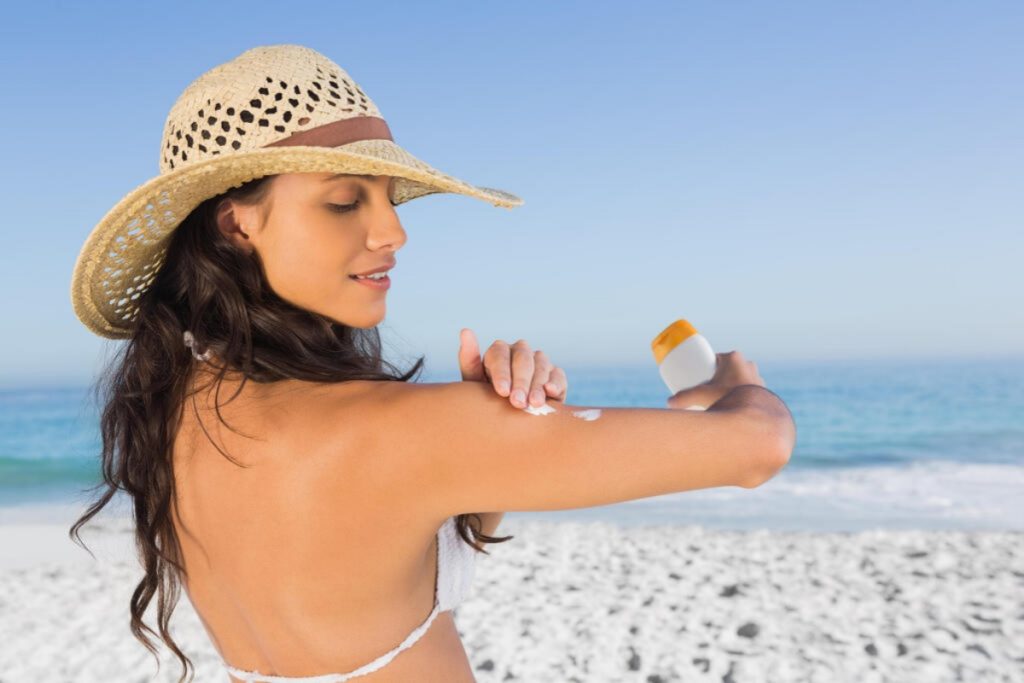
Chemical sunscreens absorb UV rays through their active ingredients, while physical sunscreens contain minerals like zinc oxide or titanium dioxide that sit on the skin’s surface and reflect UV rays. Individuals with sensitive skin may find physical sunscreens to be gentler and less irritating. It is advisable to test different formulations to determine which one works best for your skin type.
In addition to choosing the right sunscreen, proper application is key to maximizing its effectiveness. It is recommended to apply sunscreen generously to all exposed skin at least 15 minutes before sun exposure. Reapplication every two hours is crucial, especially after swimming or sweating. Many people underestimate the amount of sunscreen needed; a shot glass full is often suggested for full-body coverage. Ensuring even coverage can significantly enhance protection.
Sunscreens are not just for sunny days or beach vacations. UV rays can penetrate clouds and reflect off surfaces like water and sand, making daily sunscreen application essential regardless of the weather. By making sunscreen a non-negotiable part of your skincare routine, you are investing in the long-term health and beauty of your skin.

